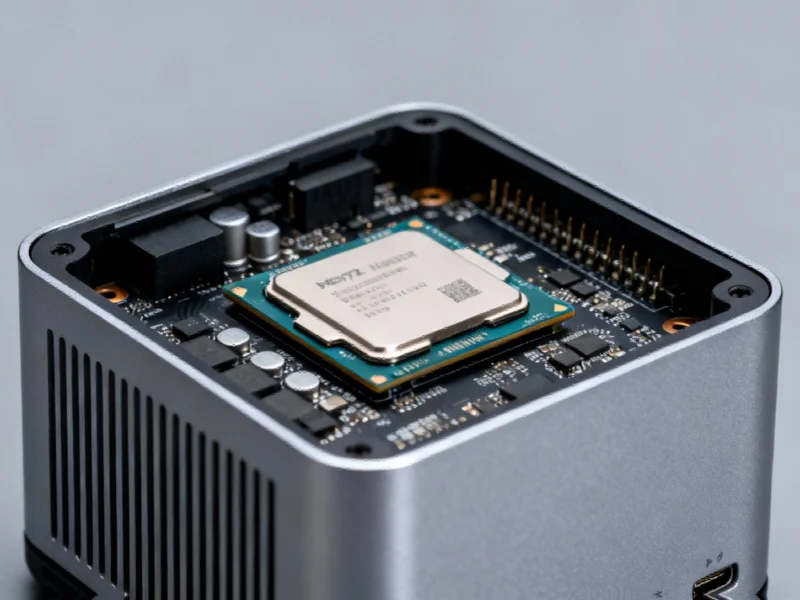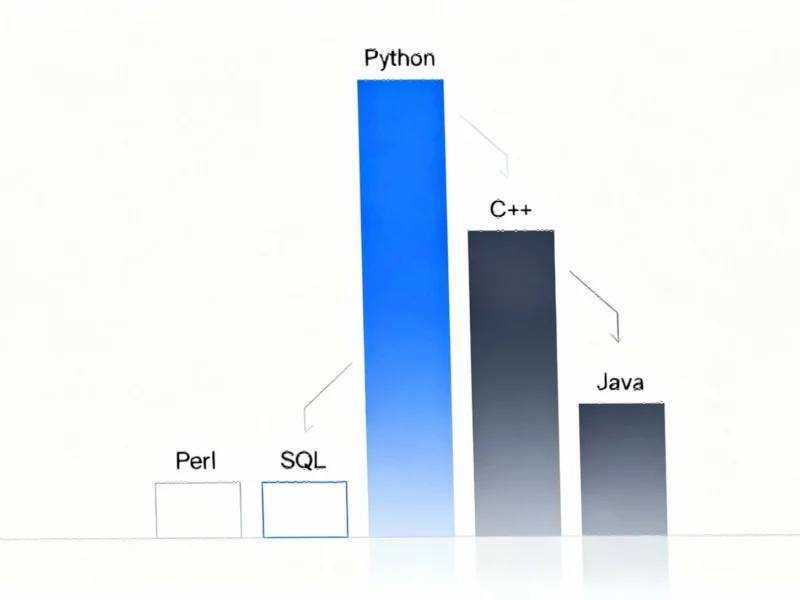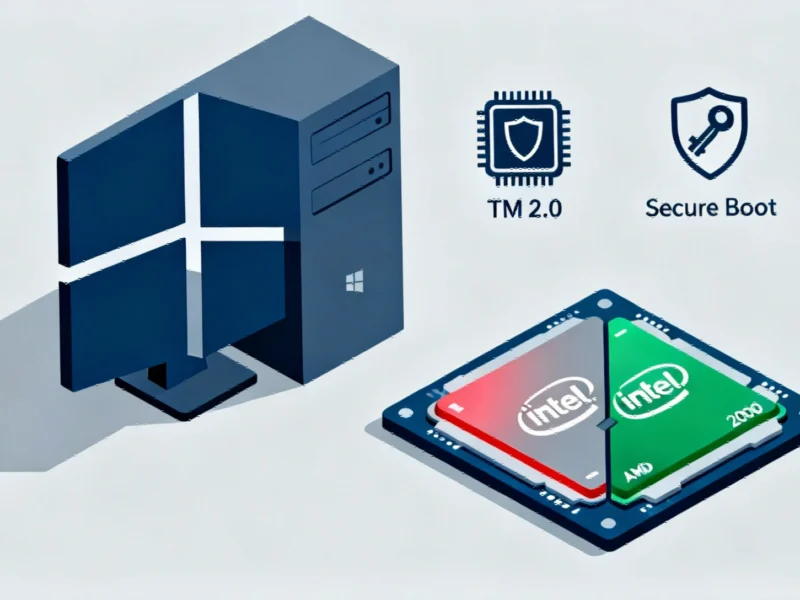Breaking Down Industry Barriers
In an unexpected partnership, semiconductor rivals AMD and Intel are reportedly collaborating on the Open Silicon Firmware Interface (openSFI), according to industry reports. Sources indicate this specification aims to create a common, architecture-neutral interface that allows host firmware to interact seamlessly with silicon initialization firmware across different vendor platforms.
The collaboration represents a significant shift in how major chip manufacturers approach firmware development, with analysts suggesting this could lead to greater standardization across the industry. The initiative appears focused on creating what the specification describes as a “foundational contract” between host firmware and silicon initialization processes.
Technical Framework and Objectives
According to the openSFI specification documentation, the standard establishes a clean, stable API contract that allows host firmware to call appropriate functions with specific inputs and receive deterministic outputs, regardless of how silicon initialization is implemented internally. This approach to API design represents what experts describe as a move toward greater modularity in firmware architecture.
Industry observers note that the primary goals outlined in the specification include unifying silicon initialization interfaces across multiple vendors and simplifying host firmware integration. The standardization effort reportedly aims to enable reuse of host firmware across different platforms and vendors, potentially reducing engineering costs and validation overhead.
Industry Implications and Potential Benefits
Analysts suggest that the openSFI initiative could have far-reaching implications for hardware development and scalability across the technology sector. By creating vendor-agnostic integration standards for silicon components, manufacturers may achieve significant reductions in development duplication and resource requirements.
The collaboration comes amid other significant industry developments in semiconductor manufacturing and follows broader trends toward open standards in technology. Recent related innovations in other technology sectors demonstrate a growing industry preference for standardized interfaces and interoperability.
Sustainability and Efficiency Focus
The openSFI specification explicitly emphasizes sustainability through efficient resource usage and common tooling, according to the published documents. This environmental consideration aligns with broader market trends toward more sustainable technology development practices.
Experts familiar with the specification suggest that the modular approach could extend hardware lifespan and improve compatibility across generations of components. The initiative appears to complement other recent technology standardization efforts across the industry.
Broader Context and Future Outlook
The AMD-Intel collaboration on openSFI occurs alongside various academic and research initiatives exploring new approaches to technology standardization. Meanwhile, parallel research developments in other fields demonstrate the growing importance of standardized interfaces across multiple industries.
Industry watchers will be monitoring adoption of the openSFI specification, with the complete technical details available through the official specification document. The success of this unusual collaboration between traditional competitors could signal a new era of cooperation in semiconductor firmware development.
This article aggregates information from publicly available sources. All trademarks and copyrights belong to their respective owners.
Note: Featured image is for illustrative purposes only and does not represent any specific product, service, or entity mentioned in this article.



